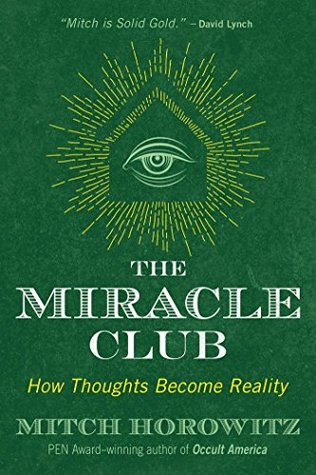More on this book
Kindle Notes & Highlights
Read between
January 31 - February 18, 2019
this: Your mind is a creative agency, and the thoughts with which you impress it contribute to the actualized events of your existence—including money.
I must explore one further method in using your mind as a causative instrument. It is, in effect, a mantra, originally written in Sanskrit and reformed into thirteenth-century Japanese: nam myoho renge kyo. Derived from the title of the classical Buddhist text the Lotus Sutra, the phrase means roughly: “I dedicate myself to the mystic law of cause and effect.”
What works in military strategy is the same as what works in all other areas of life. You must be “all in.” You must select an ultimate goal to which you dedicate yourself with unreserved commitment—or don’t do it at all. When you decide on your goal, then “burn the fleet”; throw yourself into it with totality. Reverse or change plans only when factual evidence or overwhelming circumstance requires it.
You must act on your constructive thoughts. This requires being around people who are capable of supporting your aims and avoiding those who deter them. You must also have an aim that is sustaining rather than withering, a point to which we now turn.
After the 2008 crash, Osteen, speaking from his televised Sunday morning pulpit, addressed the question of what someone should do if he or she fears being laid off. He offered three pieces of advice: (1) constantly learn new technology and skills, (2) continually take on additional tasks at work, and (3) demonstrate a positive mental attitude at work.
We also confuse means with desires, sometimes saying we want a certain job, for example, when what we really want is security.
Self-expression is to be honored. Creative acts are to be seen. Your clarified desire is the language of holiness; it is the urge toward creation. “And God saw that it was good.” Be exquisitely clear, passionate, and forthright about your goals.
In his introduction to The Book of the Law, Crowley wrote: Each of us has thus an universe of his own, but it is the same universe for each one as soon as it includes all possible experience. This implies the extension of consciousness to include all other consciousnesses. In our present stage, the object that you see is never the same as the one that I see; we infer that it is the same because your experience tallies with mine on so many points that the actual differences of our observation are negligible. . . . Yet all the time neither of us can know anything . . . at all beyond the total
...more


